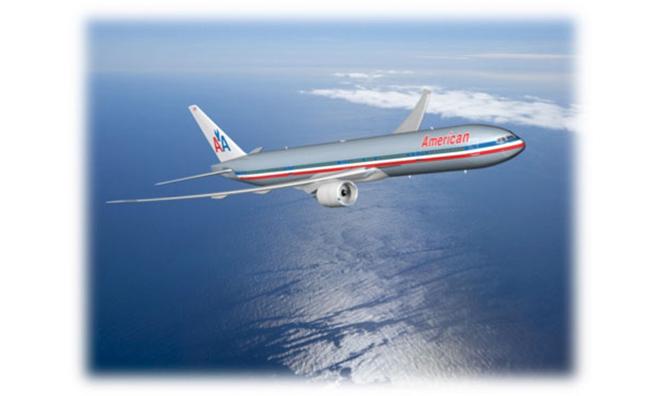The U.S. Federal Aviation Administration on Thursday received word from a special advisory committee that it should ease restrictions on airline passengers' use of personal electronic devices during takeoff and landing.
In its recommendation, the advisory committee urges the FAA to allow travelers on commercial airlines to keep their personal electronic devices (PEDs) switched on during takeoff and landing, a decision that runs counter to long-standing rules governing such conduct, reports the Associated Press.
People familiar with the talks said the recommendation covers a variety of devices, including connected PEDs like smartphones, tablets and e-readers. These electronics will still need to be placed into "Airplane Mode," meaning their wireless antennas must be turned off, but owners can enjoy other functions such as watching movies or listening to music while taking of and landing.
Currently, all electronic devices are required to be turned off when planes are flying under 10,000 feet. The measure is meant to prevent interference with on-board instrumentation and communication equipment during critical phases of flight. Critics of the existing regulations say the rules are baseless, pointing out that newer aircraft are adequately equipped to deal with interference that may be caused by a PED.
The 28-member committee came to the decision in a closed-door meeting on Thursday and will issue an official report to the FAA next week, sources said.
While a win for proponents of changing FAA regulations, the agency is not legally bound to follow the advice and could stall implementation for years. This is unlikely, however, as the FAA created the committee and put members of its staff on the panel.
If the recommendation is followed and put on the fast track to deployment, passengers may see restrictions lifted by early 2014. In another scenario, industry officials say airlines may have to apply for FAA approval on a case-by-case basis that could take more than a year to complete.
 AppleInsider Staff
AppleInsider Staff








 Christine McKee
Christine McKee
 Malcolm Owen
Malcolm Owen

 Charles Martin
Charles Martin


 Mike Wuerthele
Mike Wuerthele



-m.jpg)






16 Comments
I'm not confident that all of the passengers will manage to get their devices into Airplane Mode. And the cabin crew will not be able to tell.
This is a welcome policy review, I don't get to the states often but regularly fly in Asia and Europe and any changes the FAA make will likely be followed by other aviation authorities eventually.
I take a lot of 1-2 hour short hops and by the time passengers are allowed to use PEDs it is almost time to turn them off, (often 20-30 mins after take-off and 30 mins before landing).
This still leaves the problem that something as big as an iPad needs to be secured for take off and landing so that it doesn't become a lethal missile in the cabin should something go wrong.
So in practice will this be implemented and be a convenience to passengers?
I'm not confident that all of the passengers will manage to get their devices into Airplane Mode. And the cabin crew will not be able to tell.
Like this isn't happening right now??
I'm not confident that all of the passengers will manage to get their devices into Airplane Mode. And the cabin crew will not be able to tell.
Cabin crew get pretty good training and there are only a small number of operating systems so I don't see this as a big deal. If you can't demonstrate it is in airplane mode the device must be turned off.
A couple of high profile cases of large fines or removal from aircraft should provide suitable motivation from passengers who want this benefit from learning!
Like this isn't happening right now??
That's true, the amount of people I see turning their phones on silent and continue to message etc really does make me wonder!